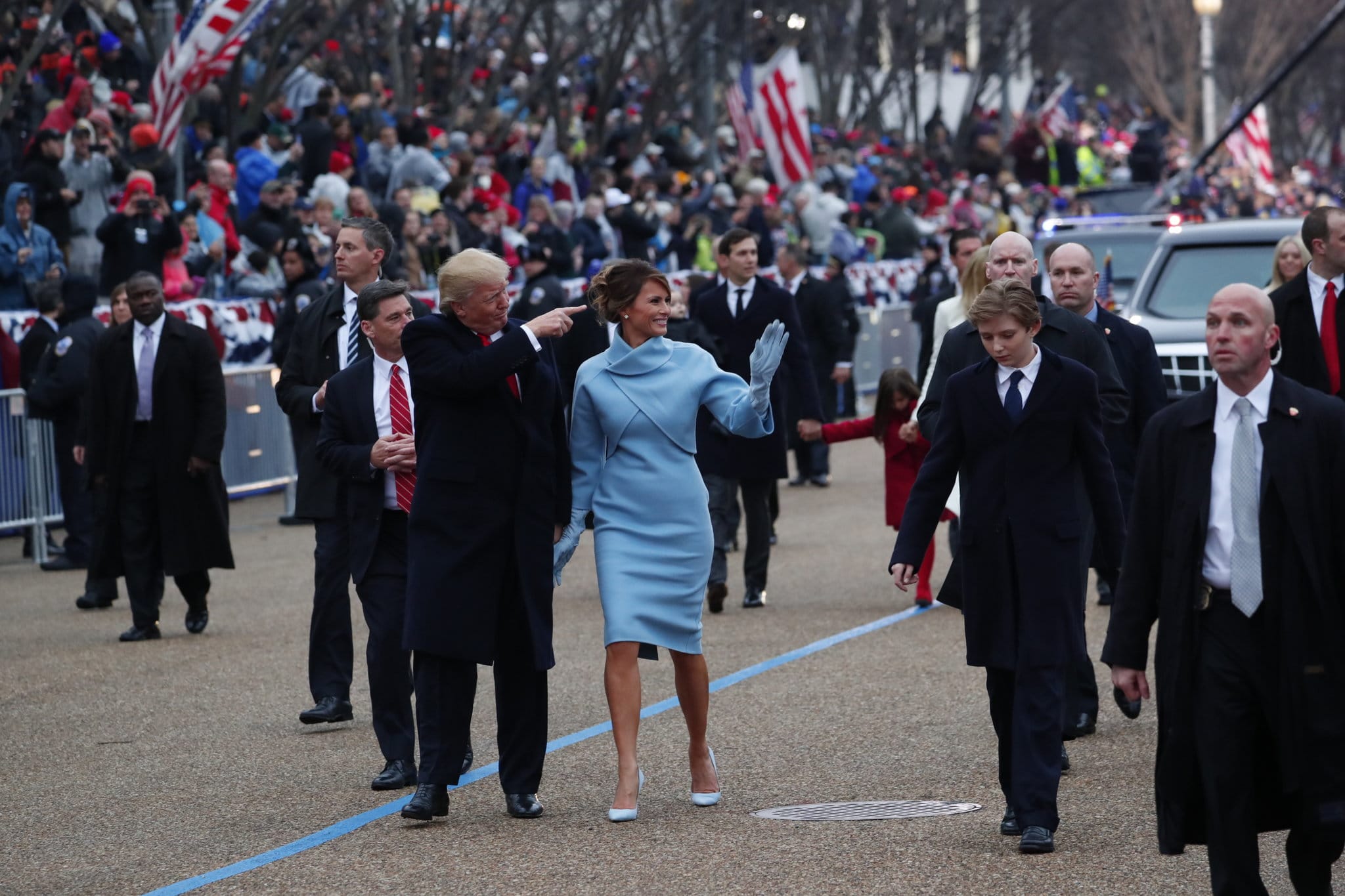In a significant development regarding the popular social media platform TikTok, a bipartisan coalition of U.S. lawmakers has formally requested President Joe Biden to extend the impending January 19 deadline for a potential ban on the app. This request comes amid growing concerns about the implications of TikTok’s Chinese ownership on national security and user data privacy. The lawmakers emphasize the need for a thorough evaluation of the risks associated with the app, as well as the exploration of alternative measures that could mitigate these concerns without resorting to a complete ban.
The urgency of this request reflects the broader context of U.S.-China relations, which have been marked by increasing tensions over trade, technology, and security issues. TikTok, owned by the Chinese company ByteDance, has faced scrutiny from U.S. officials who worry that the app could be used to collect sensitive data on American users or be manipulated by the Chinese government for espionage purposes. These concerns have led to calls for a comprehensive review of the app’s operations and its potential impact on national security.
In their letter to President Biden, the lawmakers highlighted the importance of ensuring that any actions taken regarding TikTok are based on a thorough understanding of the risks involved. They argued that a hasty decision to ban the app could have unintended consequences, particularly for the millions of Americans who use TikTok for entertainment, communication, and business purposes. The lawmakers expressed their belief that a more measured approach would allow for a better assessment of the situation and the development of appropriate safeguards.
The request for an extension of the ban deadline also underscores the complexities of regulating technology companies that operate across international borders. As digital platforms continue to evolve and expand, lawmakers are grappling with how to effectively address the challenges posed by foreign ownership and data privacy. The TikTok situation serves as a case study in the difficulties of balancing national security interests with the rights of consumers and the realities of a globalized digital economy.
In recent months, the Biden administration has been reviewing various options for addressing the concerns surrounding TikTok. This includes potential measures such as requiring the company to divest its U.S. operations or implementing stricter data privacy regulations. However, the lawmakers’ request for an extension suggests that there is still much work to be done in terms of understanding the full scope of the issue and developing a comprehensive strategy.
The lawmakers’ letter has garnered attention from various stakeholders, including privacy advocates, technology experts, and industry representatives. Many are closely monitoring the situation, as the outcome could set a precedent for how the U.S. government approaches similar issues in the future. The debate over TikTok is emblematic of a larger conversation about the role of technology in society and the responsibilities of companies to protect user data.
As the January 19 deadline approaches, the Biden administration faces a critical decision regarding TikTok. The request for an extension by lawmakers may provide the administration with the necessary time to conduct a more thorough analysis of the app’s implications and to engage in discussions with stakeholders. This could lead to a more informed decision that takes into account the diverse perspectives surrounding the issue.
In conclusion, the bipartisan call from U.S. lawmakers for President Biden to extend the TikTok ban deadline highlights the ongoing concerns about national security and data privacy in the digital age. As the administration navigates this complex landscape, the outcome will likely have far-reaching implications for the future of technology regulation in the United States. The situation serves as a reminder of the challenges that arise when balancing security interests with the rights of consumers in an increasingly interconnected world.



